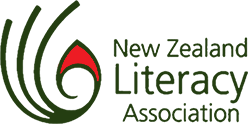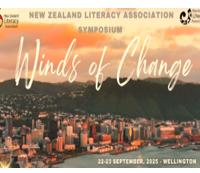NZLA Guiding Principles – Glossary
tangata whenua – indigenous people; people born of the land.
Te Tīriti o Waitangi – The Treaty of Waitangi is a legally binding document. It is an agreement that was made between Māori hapū (through their rangatira) and the British Crown on February 6, 1840. There are two versions: Te Tīriti o Waitangi written in the Māori language and The Treaty known as the Crown’s English-language version. There are significant differences between the two versions in the terms used to refer to matters of governorship and sovereignty in Articles 1 and 2, which have resulted in longstanding issues of partnership and ongoing breaches of Te Tīriti. A Waitangi Tribunal was established in 1975 to begin redressing the impact of Crown actions that have breached the promises made in Te Tīriti o Waitangi.
rangatira – high ranking chief and leader of a hapū
hapū – related family groups (whānau) from the same area with a common ancestor. The hapū is usually named after their common ancestor or from an important event in the group’s history. In traditional Māori society the hapū was the primary political unit that had authority to make decisions within the Māori world.
whānau – extended family
ako – means to both teach and learn. Ako represents a reciprocal non-hierarchical relationship between the learner and the teacher. Ako acknowledges knowledge and experiences of both kaiako (teacher) and ākonga (learner) in the shared learning experience.





